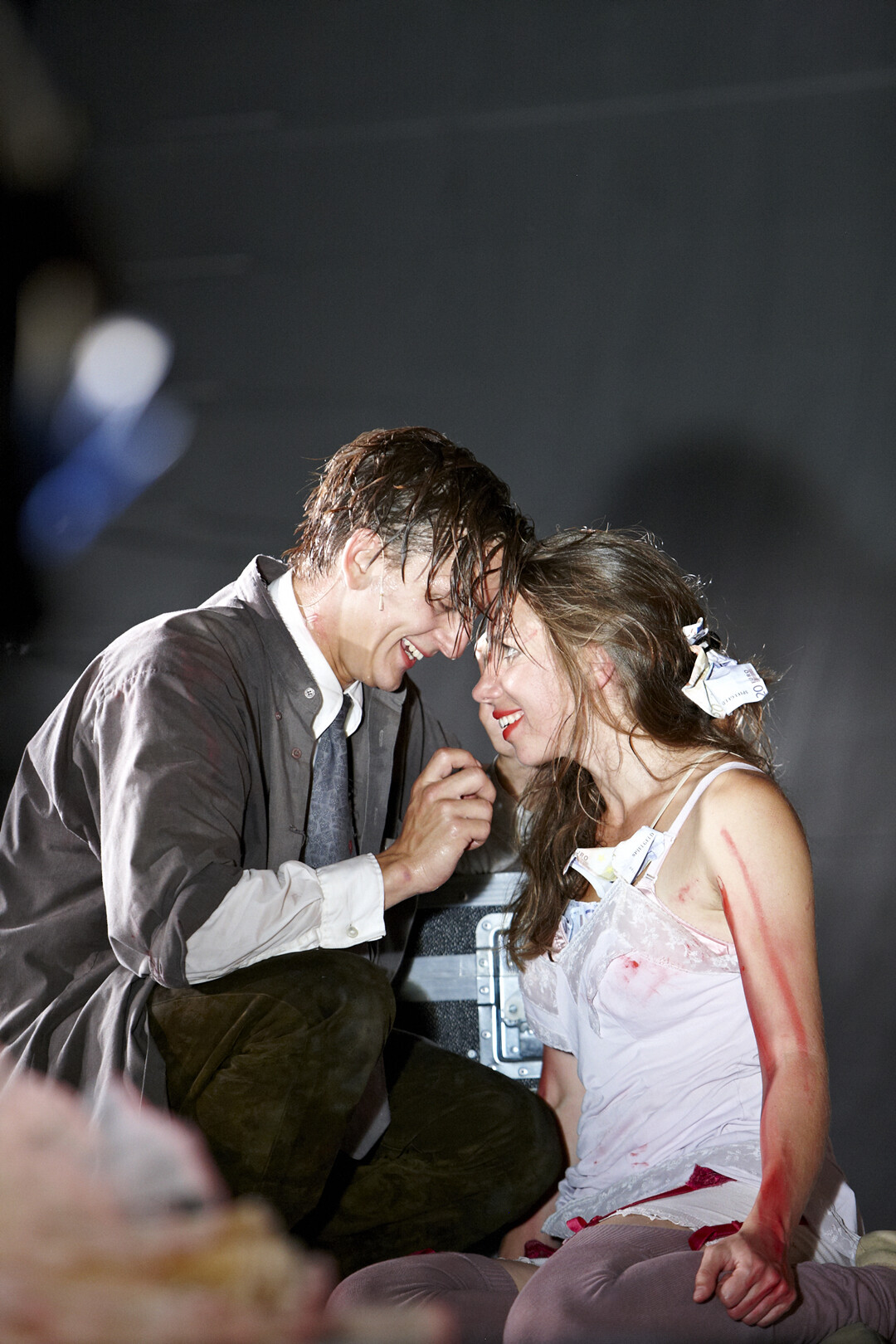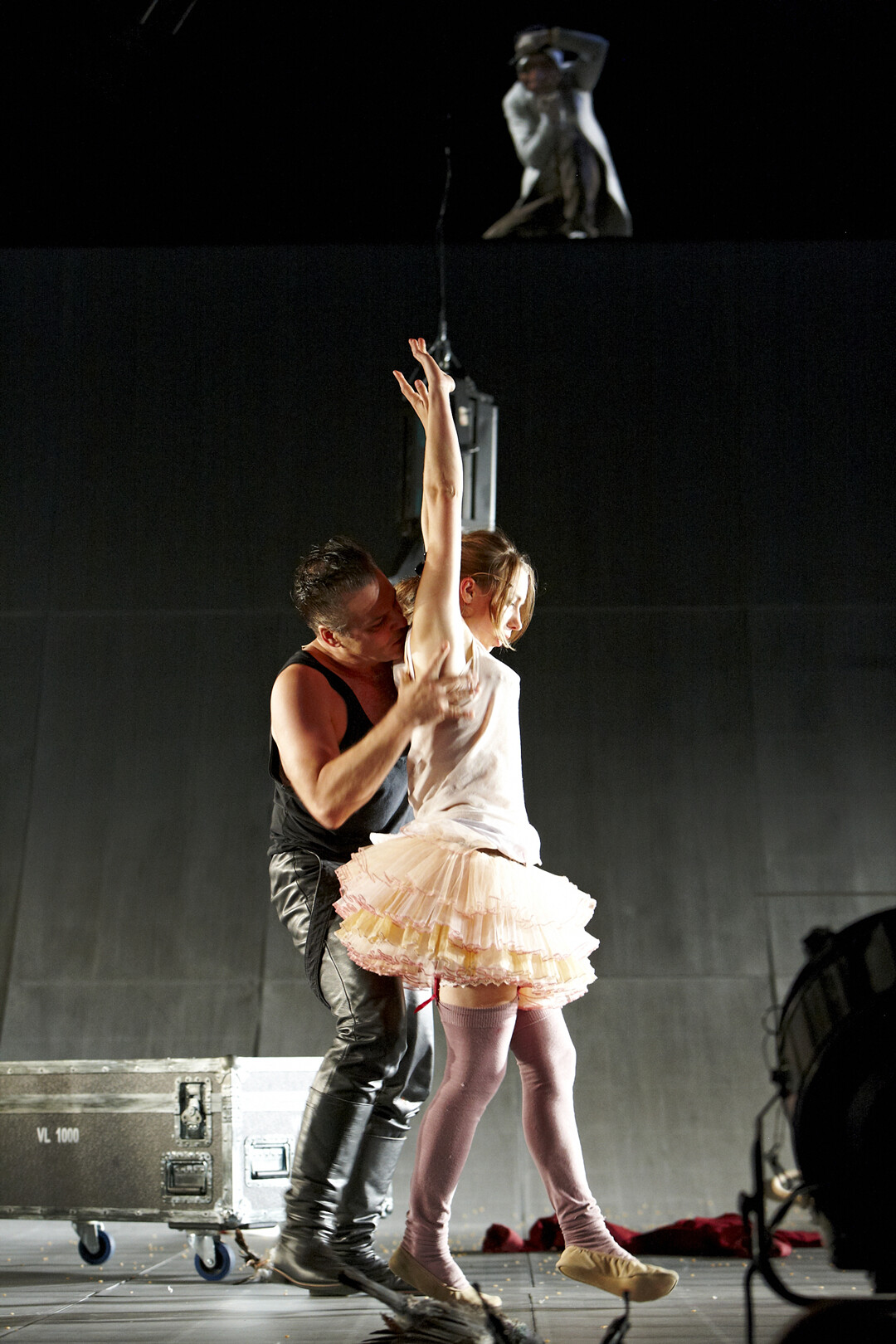Tom Waits
Table of Content
On his return to Los Angeles, he joined his friend Chuck E. Weiss by moving into the Tropicana motel in West Hollywood, a place that already had an established reputation in rock music circles. He was living in what biographer Hoskyns later called a "pastiche of poverty"; Waits told the Los Angeles Times that "You almost have to create situations in order to write about them, so I live in a constant state of self-imposed poverty". Waits worked at Napoleone's pizza restaurant in National City, California, and both there and at a local diner developed an interest in the lives of the patrons, writing down phrases and snippets of dialogue he overheard.

He relocated to Los Angeles in 1972, where he worked as a songwriter before signing a recording contract with Asylum Records. His first albums were the jazz-oriented Closing Time and The Heart of Saturday Night , which reflected his lyrical interest in nightlife, poverty, and criminality. He repeatedly toured the United States, Europe, and Japan, and attracted greater critical recognition and commercial success with Small Change , Blue Valentine , and Heartattack and Vine . He produced the soundtrack for Francis Ford Coppola's film One from the Heart , and subsequently made cameo appearances in several Coppola films.
Album Discography
Waits began touring and opening in America for such artists as Charlie Rich, Martha & The Vandellas and Frank Zappa. As the decade unfolded, Waits gained increasing critical respect and a loyal cult audience with his subsequent albums The Heart of Saturday Night ; Nighthawks at the Diner ; Small Change ; Foreign Affairs ; Blue Valentine and Heartattack and Vine . It was an incredibly prolific period for Waits, establishing his reputation as a visionary songwriter. The Tom Waits Library is the largest website where everything about Tom Waits can be found. The site contains 1,518 pages, 8,122 images, 337 interviews, all performances, all song lyrics, all official albums, unofficial albums, movies, plays, the musicians Waits worked with etc.
1988 saw Waits contribute a cover of the song "Heigh Ho" in Hal Willner's Disney-themed album, Stay Awake. Returning to the U.S., he travelled to New Orleans to appear in Jarmusch's film, Down by Law. Jarmusch wrote Down by Law with Waits and Lurie in mind; they played two of the three main roles, with Roberto Benigni as the third.
Swordfishtrombones and New York City: 1980–1984
The 1995 film, Smoke, used "Innocent When You Dream" as the soundtrack to the closing sequence, "Auggie Wren's Christmas Story", which appeared at the end of the film during and after the closing credits. In the autumn of 1971, at the Troubadour in West Hollywood, Waits came to the attention of Herb Cohen, who signed him to a publishing contract and a recording contract. The recordings that were produced under that recording agreement were eventually released in the early 1990s as The Early Years, Volume One and The Early Years, Volume Two. Jerry Yester was chosen to produce his first album, with the recording sessions taking place in Hollywood's Sunset Sound studios.

For his Blue Valentine tour, Waits assembled a new band; he also had a gas station built for use as a set during his performances. In April, he embarked on a European tour, there making television appearances and press interviews; in Austria he was the subject of a short documentary. From there, he flew to Australia for his first tour of that country before returning to Los Angeles in May. Waits had devised the idea of a musical play, Franks Wild Years, which would be loosely based on the eponymous song from Swordfishtrombones.
Real Gone: 2004–2011
In reference to his song "Pasties and a G-String", a female stripper came onstage during his performances. Also in March 1999, Waits gave his first live show in three years at Paramount Theater, Austin, Texas as part of the South by Southwest festival. He subsequently appeared in an episode of VH1's Storytellers television show, where he performed several tracks. In the later part of the year he embarked on the Mule Variations tour, primarily in the U.S. but also featuring dates in Berlin. In October, he performed at Neil Young's annual Bridge School benefit gig.
He later recalled that it was an uncle's raspy, gravelly voice that inspired the manner in which he later sang. In 1959, his parents separated and his father moved away from the family home, which was a traumatic experience for 10-year-old Waits. Alma took her children and relocated to Chula Vista, a middle-class suburb of San Diego. Jesse visited the family there, taking his children on trips to Tijuana. In nearby Southeast San Diego, Waits attended O'Farrell Community School, where he fronted a school band, the Systems, later describing the group as "white kids trying to get that Motown sound".
Musical style
In 1995, Holly Cole released an album of Waits's covers, Temptation, while in 2008 Scarlett Johansson did the same with her debut album, Anywhere I Lay My Head. Bruce Springsteen had a commercial success with his cover of Waits's "Jersey Girl", as did Rod Stewart with his covers of Waits tracks "Downtown Train" and "Tom Traubert's Blues". Johnny Cash covered "Down There by the Train" on his 1994 album, American Recordings, calling Waits "a very special writer, my kind of writer". Willie Nelson included a cover of a Waits track on his album, It Always Will Be. The director Julian Schnabel for instance chose two Waits tracks for inclusion in his award-winning 2008 film The Diving Bell and the Butterfly.
He changed the setlist for each performance; most of the songs chosen were from his two Island albums. In July 1978, Waits began the recording sessions for his album Blue Valentine. Part way through the sessions, he replaced his musicians in order to create a less jazz-oriented sound; for the album, he switched from a piano to an electric guitar as his main instrument. For the album's back cover, Waits used a picture of himself and Jones leaning against his car, a 1964 Ford Thunderbird, taken by Elliot Gilbert. From the album, Waits's first single was released, a performance of "Somewhere", from the musical "West Side Story", but it failed to chart.
Humphries described "Waitsworld" as a place of "the ricocheted romantics bent out of shape by a broad who should have known better; the twisted psychotics; the loners; the losers". Many of his songs make reference to fictional locations that he has invented, such as the eponymous term in his song "Burma Shave". Hoskyns also noted that many Waits songs, such as "Burma Shave" and "Georgia Lee", reflect an "abiding concern for runaways and kids in danger". Andy Gill expressed the view that throughout Waits's oeuvre, "the theme of lowlife redemption, of escape, is ever-present".

In 2021, Waits had a supporting role in Licorice Pizza, a coming-of-age film by Paul Thomas Anderson. The film director Francis Ford Coppola then asked Waits to return to Los Angeles to write a soundtrack for his forthcoming film, One from the Heart, which was to be set in Las Vegas. Waits was excited, but conflicted, by the prospect; Coppola wanted him to create music akin to his early work, a genre that he was trying to leave behind, and thus he characterized the project as an artistic "step backwards" for him. He nevertheless returned to Los Angeles to work on the soundtrack in a room set aside for the purpose in Coppola's Hollywood studios. This style of working was new to Waits; he later recalled that he was "so insecure when I started ... I was sweating buckets".
Comments
Post a Comment